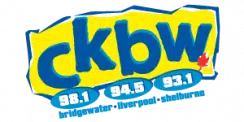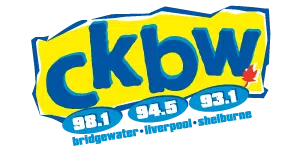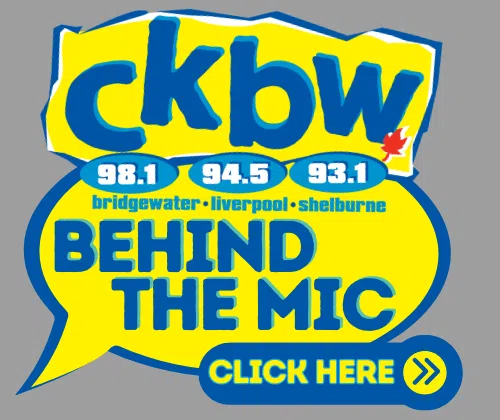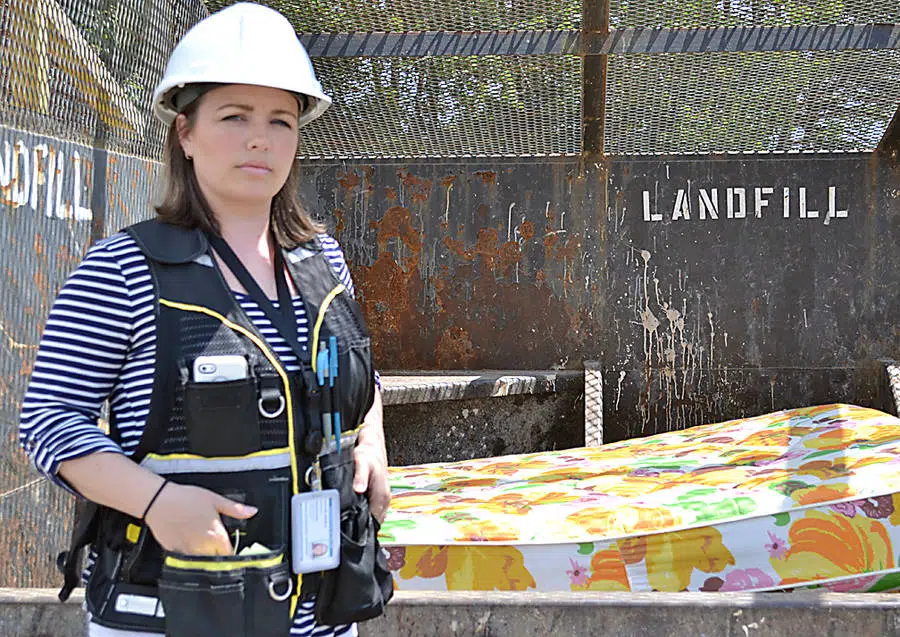
Region 6 official Education Coordinator, Angela Taylor (submitted)
What is compostable? What is recyclable? How do you sort it properly?
If any of those questions have been running through your head on collection day, Region 6 Solid Waste Management’s online resources have your answer – and there’s even an app for it.
Region 6 Solid Waste Management serves households and businesses throughout communities along Nova Scotia’s South Shore. The service area consists of Bridgewater, Chester, Lunenburg, the Municipality and Town of Shelburne, Region of Queens Municipality, the Municipality of Barrington, Lockeport, West Hants Regional Municipality, Mahone Bay, the District of Lunenburg, and Clark’s Harbour.
Angela Taylor, Region 6’s official Education Coordinator has over 12 years of experience in waste management outreach and education. Taylor has extensive knowledge in bylaw enforcement and has spent much of 2020 continuing to educate the public on what’s trash, what’s recyclable and everything in between.
“We are a very useful resource that is not just for residents, but also businesses, landlords, schools, institutions,” says Taylor, adding their services are free for everyone who require them.
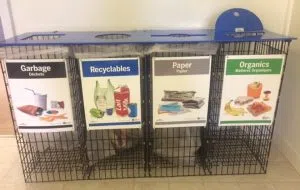
Waste sort station (Submitted)
The three “R’s” (Reduce, Reuse and Recycle) of waste, municipal bylaws and provincial and municipal initiatives are available on Region 6’s website. “Part of my job is to educate, whether it be in a school or business or community group, and with everything that’s happening this year, everything has to be done online,” says Taylor.
Region 6 has also launched the Region 6 NS Recycles app, available to download from the Apple and Google Play stores. The app helps users find resources like their collection calendar, lets users set collection reminders and receive notifications about any waste cancellations.
The app also has a sorting game and waste wizard where people can search how an item should be disposed of and provides the nearest locations for proper disposal specific to each municipality.
“People do get caught up in numbers and recycling logos when they’re dealing with their waste, and they don’t have to,” Taylor says.
The number one question Taylor receives regularly is how to dispose of pet waste. In 2008, Region 6 re-categorized pet waste as regular garbage instead of compost. “It seems like a lot of people have a lot of pets at home right now,” Taylor says, “That’s been a number one question that I’ve always received since being in this business.”
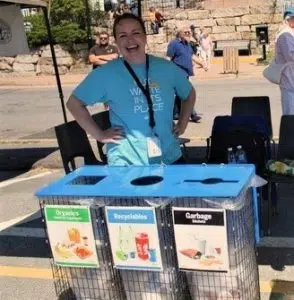
Angela Taylor manning a Region 6 booth and sorting station in Lunenburg (Submitted)
Batteries are another tricky waste product for people.
“If they are regular batteries, like AAA or AA batteries, then they can go into the regular garbage,” Taylor explains. “If they’re rechargeable batteries, then they would be considered hazardous waste and would have to be taken to a local hazardous waste depot – with rechargeable batteries they do contain mercury, so they would have to be dealt with differently.”
Taylor also receives plenty of questions about proper paper disposal. “Paper is one of those items where it’s either recycled or its compost, so dirty paper could be thrown in your compost, clean paper can be recycled – it should never be put in the garbage,” she explains.
She created a video explaining the “rip test” to demonstrate how paper should be managed. “If it rips like paper it can be recycled with paper, if you can’t rip it that means there’s a plastic liner – that means it’s two different types of material, therefore its garbage,” Taylor says.
Taylor manages Region 6’s website and social media accounts and is available to answer any waste management questions and inquiries while thinking of creative ways to make waste management information interesting and engaging.
The organization can be contacted by email, phone or private message on its social media channels.
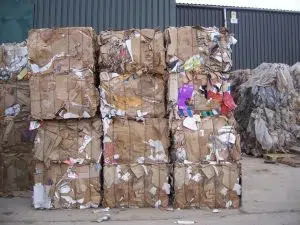
Baled cardboard waiting for market (Submitted)
Hashtags like #RefuseToUse, encourage people to use alternatives to wasteful materials such as Styrofoam. There’s #JIBYO (Join In Bring Your Own) encouraging people to use reusable coffee cups and grocery bags, and #ReduceSingleUse, to move beyond disposable items, are all examples of online conversation Taylor uses to enlighten people on properly sorting their household or business waste.
Taylor is regularly invited to visit businesses to make sure they have everything they need for proper waste management and ensure each are following public guidelines. “We offer signs for bins free of charge, if they need recycling brochures, we’ll do that. We offer staff training – anything we can do to help a business to make sure they’re complying with the solid waste bylaws.”
Taylor says compliance officers and inspectors are not out to make people feel bad or point out simply what they are doing wrong. “They’re out there looking for the people who might just need some extra help and some extra education and that’s where we step in to provide that,” she explains.
For residents, Region 6 Solid Waste Management’s handy online resources and Taylor’s social media presence are always available to help people sort through their waste management questions.
For more information on Region 6 Solid Waste Management and its resources, you can check out the organization’s website and its Facebook, Twitter and Instagram social media accounts. The Region 6 NS Recycles app can be downloaded from the Apple and Google Play app stores.
This story is sponsored by Region 6 Waste Management.
